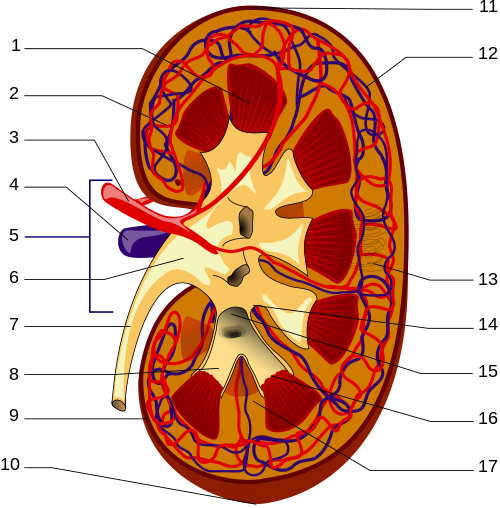
Photo from academic.microsoft.com
D espite being associated with higher rates of early acute rejection, immunosuppression with belatacept in de novo kidneytransplant recipients resulted in early and sustained superior renal graft function and a… Click to show full abstract
D espite being associated with higher rates of early acute rejection, immunosuppression with belatacept in de novo kidneytransplant recipients resulted in early and sustained superior renal graft function and a 43% reduction in the risk of death or graft loss at 7 years when compared with cyclosporine. Avoidance of calcineurin inhibitor (CNI)–mediated nephrotoxicity is likely to be the primary driver of the difference in renal function; the lower rate of de novo donor-specific antibody (DSA) development observed consistently in belatacept-treated patients further raises the possibility that reduced chronic allograft rejection may be a contributor. Multiple groups have now shown that a significant improvement in renal function occurs when patients are switched from CNI to belatacept-based immunosuppression both early (in
Journal Title: Kidney International Reports
Year Published: 2020
Link to full text (if available)
Share on Social Media: Sign Up to like & get
recommendations!